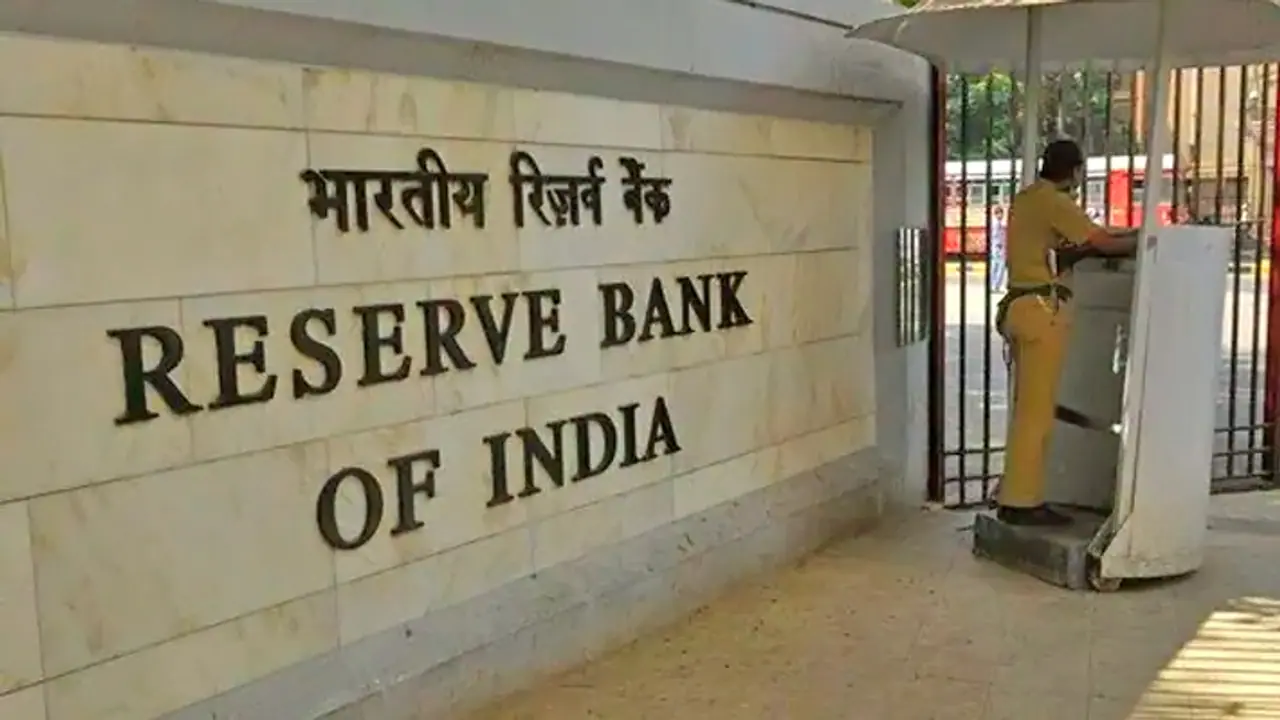The Reserve Bank of India has cautioned lenders against charging interest from the date of loan sanction instead of the actual disbursement date. This practice can lead to additional interest costs for borrowers and violates fair lending practices.
The Reserve Bank of India (RBI) has issued a warning, cautioning lenders against charging interest from the date of loan sanction rather than from the actual disbursement date. This practice, common in home loans and other types of loans, can lead to additional interest costs for borrowers due to delays between sanction and disbursement.

Also Read: Bank holidays in May: Banks to remain on THESE dates; Check city-wise list
Charging interest from the date of loan sanction or agreement execution instead of from the date of actual disbursement violates fair lending practices norms. It results in borrowers paying interest on funds they have not yet received, increasing the overall cost of borrowing. Additionally, in cases where loans are disbursed by cheque, charging interest from the date of the cheque rather than when it is cashed or deposited can lead to customers being charged for funds they have not accessed.
RBI highlighted instances where banks or non-banking financial companies (NBFCs) levied interest for the entire month even if the loan was disbursed or repaid within that month. This practice results in customers paying more interest than necessary, as they are charged for days when the loan has already been repaid.
Another concern raised by RBI was the collection of advance instalments while still charging interest on the full loan amount. This leads to overcharging, as customers end up paying interest on loan amounts they have not yet received or utilized.
To address these issues, RBI referred to its 2003 guidelines on the Fair Practices Code, which emphasize fairness and transparency in charging interest rates. While these guidelines do not prescribe specific standard practices for loan pricing, they aim to provide lenders with flexibility while maintaining fairness and transparency.
RBI's communication stressed that non-standard practices of charging interest are not aligned with principles of fairness and transparency, urging lenders to adhere to ethical lending practices to maintain customer trust and protect borrower interests.
